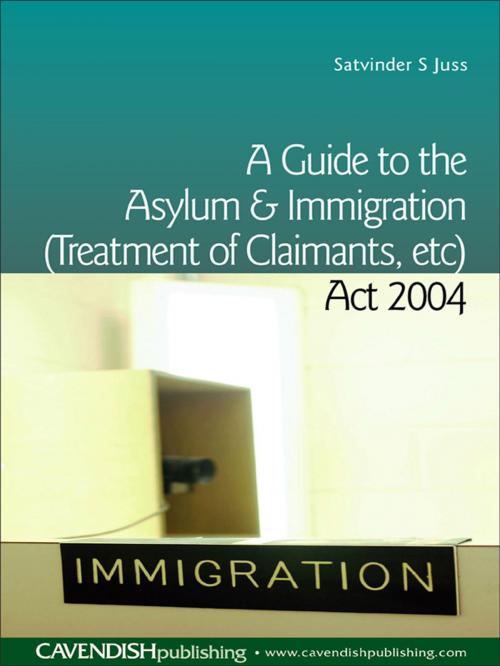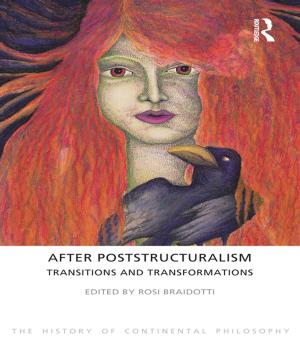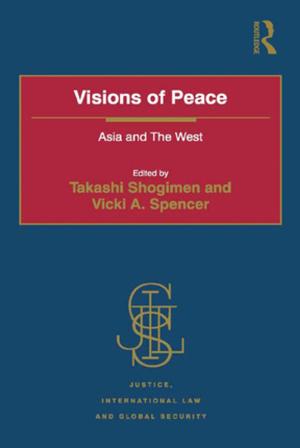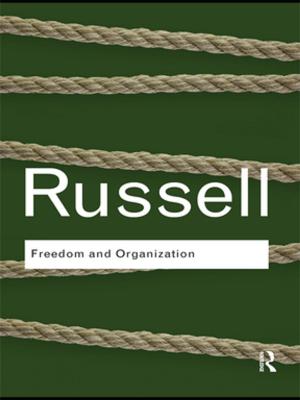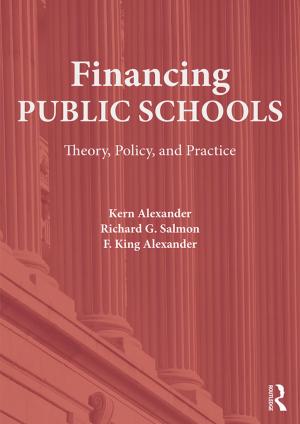A Guide to the Asylum and Immigration (Treatment of Claimants, etc) Act 2004
Nonfiction, Reference & Language, Law| Author: | Satvinder Juss | ISBN: | 9781135327194 |
| Publisher: | Taylor and Francis | Publication: | March 4, 2013 |
| Imprint: | Routledge-Cavendish | Language: | English |
| Author: | Satvinder Juss |
| ISBN: | 9781135327194 |
| Publisher: | Taylor and Francis |
| Publication: | March 4, 2013 |
| Imprint: | Routledge-Cavendish |
| Language: | English |
Immigration law and policy is so controversial and contested that major legislation has been passed every three years since 1993, with three Bills in the last four years alone. None, however, has been more major and controversial than the latest installment, the Asylum Immigration (Treatment of Claimants, etc.) Act 2004.
This attempts to deal with applicants who lodge groundless appeals to delay removal and undocumented arrivals seeking asylum. It makes major institutional and structural changes. These will abolish the two-tier immigration appeals system, by instituting a single tier appellate body with limited rights of judicial review. The Government hopes that this will still safeguard the right of appeal and still provide an effective remedy for those whose application has been refused. There is considerable anxiety, however, about these changes amongst practitioners, advisers and students alike of immigration law.
This guide provides a detailed background to the legilslation, discusses the context in which its various provisions are set, and explains how the law will now work.
Immigration law and policy is so controversial and contested that major legislation has been passed every three years since 1993, with three Bills in the last four years alone. None, however, has been more major and controversial than the latest installment, the Asylum Immigration (Treatment of Claimants, etc.) Act 2004.
This attempts to deal with applicants who lodge groundless appeals to delay removal and undocumented arrivals seeking asylum. It makes major institutional and structural changes. These will abolish the two-tier immigration appeals system, by instituting a single tier appellate body with limited rights of judicial review. The Government hopes that this will still safeguard the right of appeal and still provide an effective remedy for those whose application has been refused. There is considerable anxiety, however, about these changes amongst practitioners, advisers and students alike of immigration law.
This guide provides a detailed background to the legilslation, discusses the context in which its various provisions are set, and explains how the law will now work.
